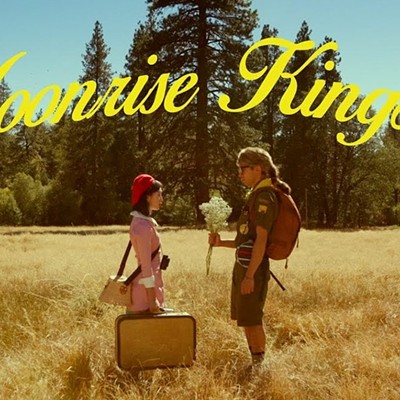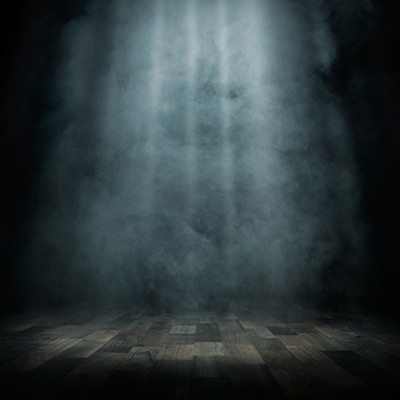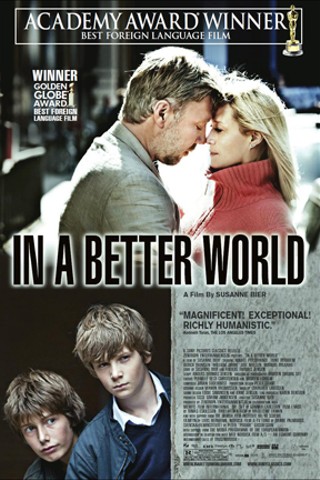With bullying becoming a more-troublesome trend, Susanne Bier's In a Better World arrives with good intentions at a good time.
The film leapfrogs motive—in a big way, some might argue—as the two boys at the center of the film may not fully relate motive to their actions. Nevertheless, the film leaves a big impact from a dramatic perspective, even if it fails to impart major life lessons.
Bier is one of Denmark's most exported directors. Her film Brothers (2004) was remade by Jim Sheridan a couple of years ago; Open Hearts (2002) was scheduled for an American remake as well. Her After the Wedding was nominated for a Best Foreign Language Film Oscar in 2007, and that same year, Hollywood gave Bier the keys to her own studio film, Things We Lost in the Fire, with Halle Berry and Benicio del Toro.
Although Bier rose to prominence through Lars von Trier's Dogme, the extremely lo-fi filmmaking community, Things We Lost in the Fire showed a director with an eye for aesthetics. Aesthetics are explored even more broadly in her latest, which is the most recent Academy Award winner in the Foreign Language category.
The two boys around whom the events of the film swirl are both rocked by developments in their lives they can't control: Elias (Markus Rygaard) splits time between his parents, both doctors. They are separated, and there is the sense that Marianne (Trine Dyrholm) and Anton (Mikael Persbrandt) have been drifting apart for some time. Anton, in fact, splits time between Denmark and a Sudanese refugee camp, which would put a strain on any relationship.
Elias is an easy target at his school. He's shy, quiet and a little small. He also is routinely discouraged from violence by his parents, who clearly see the results of it time and time again in their work. The boy is befriended by Christian (William Jøhnk Nielsen), a newcomer who has relocated with his father from London following his mother's death after a long, destructive bout with cancer.
Christian fights back when pushed—and he fights dirty. After a bully pops him in the face with a basketball, bloodying his nose, Christian sneaks up on him, beats the larger teen senseless with a bicycle pump, and threatens a future assault with a large hunting knife. It is a difficult thing to watch, even if Christian is provoked.
Things escalate from there, as the boys pick a bigger bully and a bigger reaction—and that is where Bier lets the moral lead her story instead of the well-crafted characters. While it makes a certain amount of sense for the new kid in school, emotionally stripped after the death of his mother, to beat down someone who humiliated him in the school yard, what follows is not really logical after a certain point.
However, perhaps overstepping the moral a bit is necessary or at least justified. Although In a Better World is a foreign-language film, the message translates loud and clear: There is honor in turning the other cheek, and humanity in forgiveness. Bier struggles with the finer points, but her cast, predominately unknown to American audiences, never lets up.













